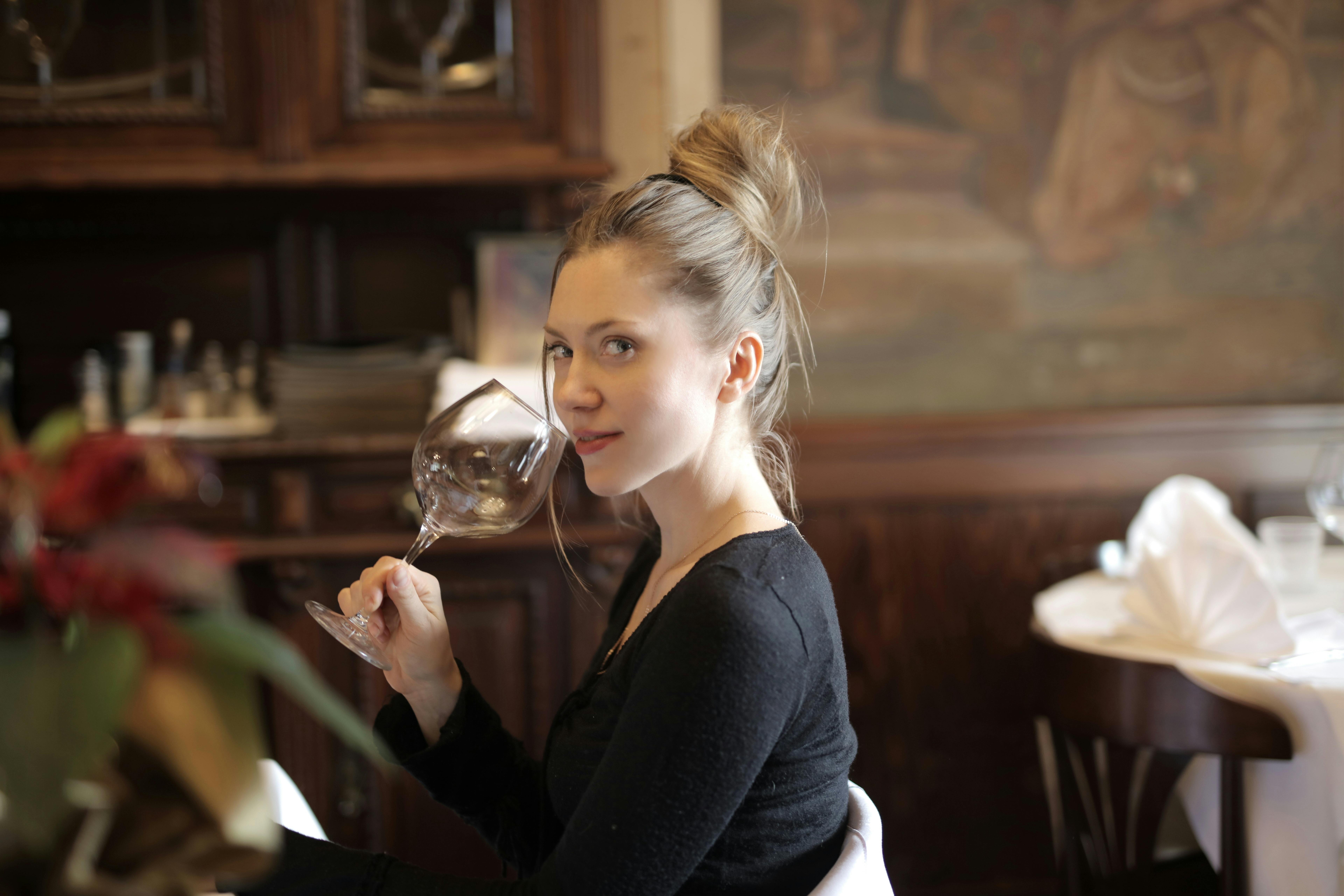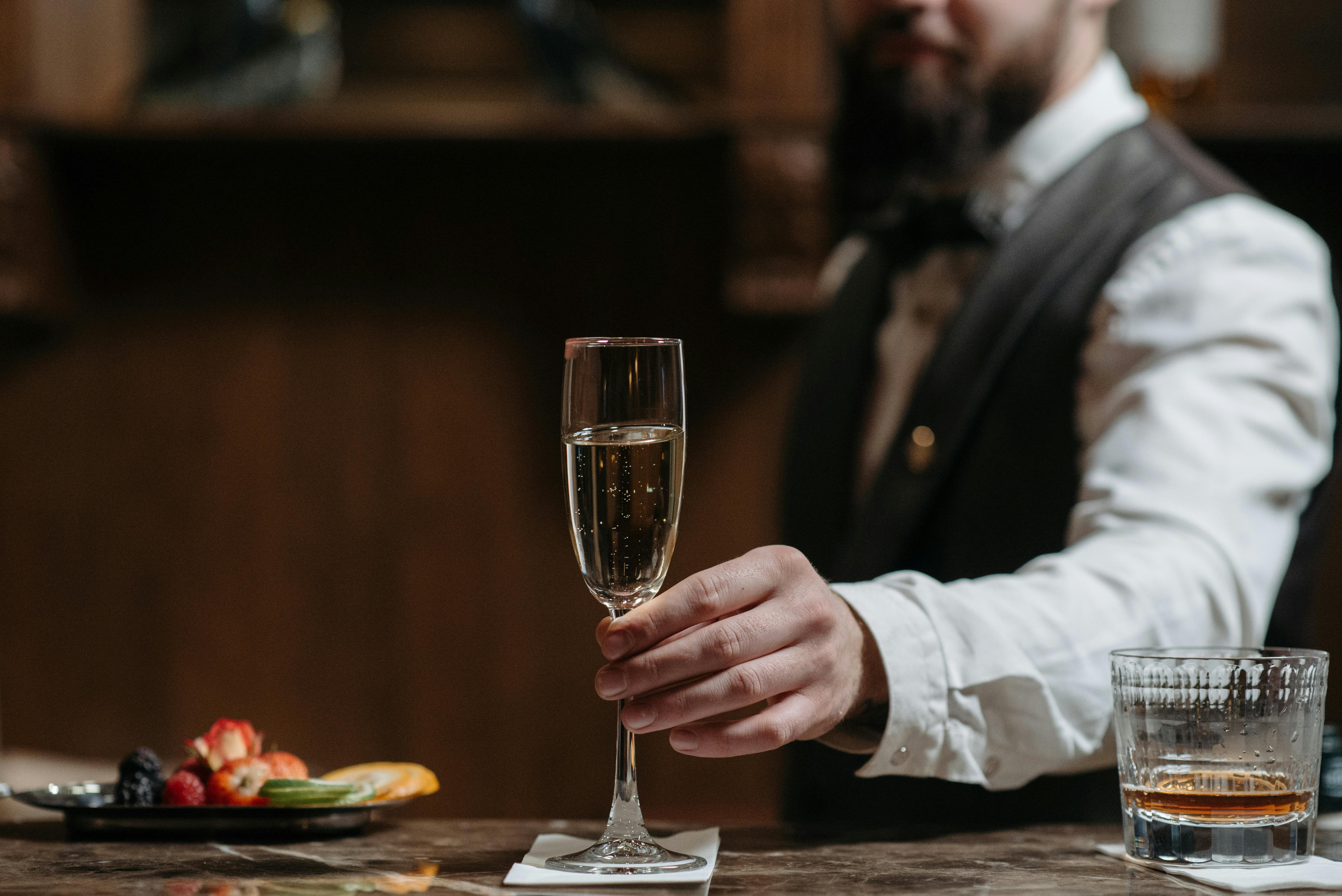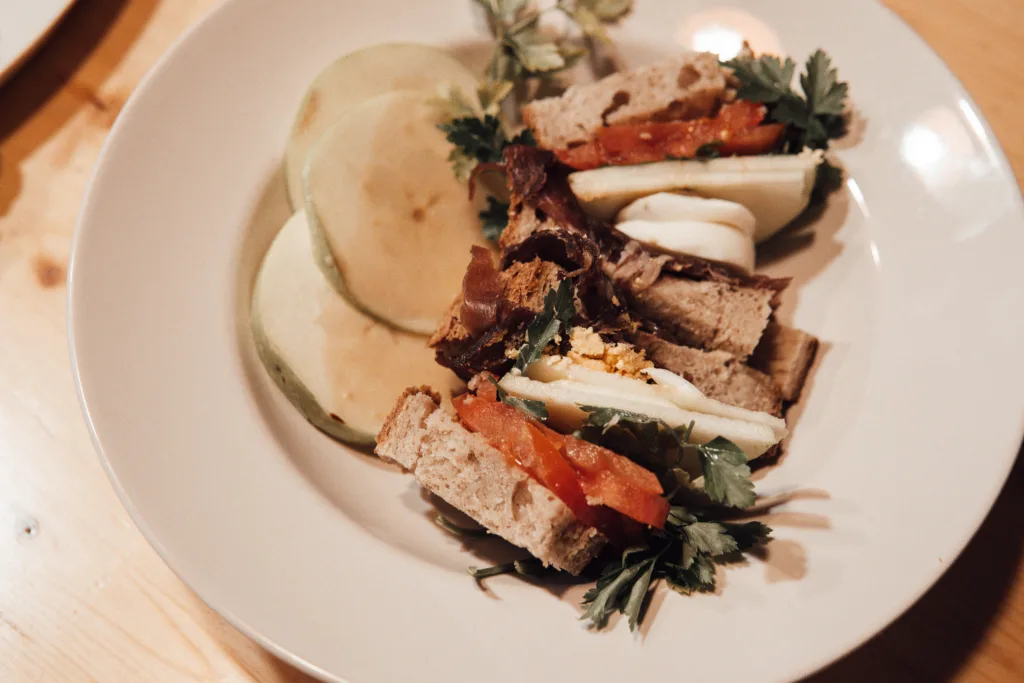Do you have a bottle of unopened wine sitting in your cabinet for a while and wondering how long it will last? Don’t worry, you are not alone! This article will answer all your questions about how long an unopened bottle of wine can stay good. We’ll discuss the shelf life of different types of wines and offer tips on how to store them for maximum longevity. Whether you’re a wine enthusiast or just an occasional wine drinker, this article will help you get the most out of your favorite bottle. So, let’s get started!
Unopened wine stored in a refrigerator typically lasts up to 6 months.
How Long Does Unopened Red Wine Last?
Unopened red wine can last a very long time, often up to five years or longer. In general, the higher the quality and cost of the wine, the longer it is likely to last without suffering any noticeable deterioration in taste. The best way to extend the life of an unopened bottle of red wine is to store it in a cool, dark place with a consistent temperature. It should also be stored on its side so that the cork remains moist and does not shrink or dry out. To ensure optimal freshness, it is best to drink any unopened red wine within three years of purchase.
The shelf life of opened red wine is significantly shorter than that of unopened bottles, usually ranging from two days to several weeks depending on how well it is sealed and stored after opening. The key factor affecting how long opened red wine lasts is air exposure. In order to maintain optimal quality and flavor, it should be transferred into an airtight container or resealed in its original bottle with a vacuum pump stopper as soon as possible after opening. Refrigerating opened red wines can help them last up to five days if properly sealed and stored.
Storing Unopened Wine
Wine can be a great addition to any meal or occasion, but it is important to store unopened wine properly in order to maintain its flavor and quality. Unopened wine should be stored in a cool, dark place that is away from direct sunlight and heat sources. The temperature should remain between 45-65°F and the humidity should not exceed 70%. It is also important to store the bottles horizontally so that the liquid remains in contact with the cork, which will help to keep it moist and expandable. This will ensure that the bottle is properly sealed and prevent air from entering and spoiling the wine.
It is also important to keep unopened wine away from strong odors as they can penetrate through the cork and affect its flavor. Once opened, wine should be consumed within a few days, as oxidation will cause it to lose its flavor. If you have any leftover wine after opening the bottle, make sure it is properly sealed with an air-tight stopper or placed back into the refrigerator for short-term storage. Be sure not to leave any opened bottles at room temperature for more than two days as this may cause spoilage.
Temperature
The temperature at which wine is stored has a huge impact on its shelf life. Red wines tend to be more robust than white wines and can handle higher temperatures, while whites should generally be kept at lower temperatures. Wines stored in a cool, dark place will last longer than those stored in a hot, sunny spot. Too much heat can cause the wine to age too quickly, leading to unpleasant off-flavors and aromas. For the best results, store your unopened wine at a temperature between 50-60 degrees Fahrenheit.
Light Exposure
Light exposure can have an adverse effect on the quality of an unopened bottle of wine. Direct sunlight or strong artificial light can cause the chemicals in the wine to break down faster and hasten the aging process. This will lead to oxidization and loss of flavor and aroma. To maximize the shelf life of your wine, store it away from light sources such as windows or overhead lights in a dark cupboard or closet.
Air Exposure
Exposure to air can also shorten the shelf life of unopened wine by causing oxidation. Oxygen reacts with the tannins and other components in the wine which can cause it to spoil quickly. To reduce air exposure, make sure that you keep your bottles tightly sealed when not in use. Additionally, make sure that your storage area is well ventilated so that there is no buildup of mold or mildew.
Bottle Size
The size of the bottle also affects how long an unopened bottle of wine will last before spoiling. Smaller bottles such as splits or half bottles have less surface area exposed to air than larger bottles which means that they are less likely to oxidize as quickly. If you plan on storing your unopened bottles for extended periods of time, it is best to opt for smaller formats.
Sulfite Content
The sulfite content in a bottle of wine may also affect its shelf life when unopened. Sulfites are preservatives used by winemakers to prevent bacteria growth and oxidation but they can also contribute to a shorter shelf life if they are present in too high concentrations. Wines with higher levels of sulfites will generally last longer than those with lower levels so it’s important to check the label before purchasing if you plan on storing your wines for longer periods of time.
Temperature and Humidity Effects on Unopened Wine
The storage of unopened bottles of wine is a critical factor in the preservation of its quality. Temperature and humidity can both affect the taste, texture, and aroma of a bottle of wine. Too much heat or too little humidity can cause the cork to dry out, leading to oxidation and spoilage. Too little heat or too much humidity can lead to mold growth on the cork and label. To ensure that a bottle of wine stays at its best, it is important to store it in an environment with the right level of temperature and humidity.
The ideal temperature for storing unopened bottles of wine is between 55 and 57 degrees Fahrenheit. This temperature range will help preserve the flavor, aroma, and texture of the wine. It should also be stored in an area with low levels of light to avoid any further damage to the quality of the wine. Humidity levels should be kept between 60-80%, as higher levels can cause mold growth on both the cork and label.
It is important to note that wines intended for long-term storage should be kept at a slightly lower temperature than those intended for immediate consumption. Wines intended for long-term storage should be stored at a temperature between 45-50 degrees Fahrenheit for optimal preservation. The humidity levels should also remain between 60-80%, as this will help keep mold growth at bay while preserving flavor, aroma, and texture over time.
Overall, it is important to remember that proper storage conditions are essential for preserving the quality of an unopened bottle of wine over time. Temperature should remain between 55-57 degrees Fahrenheit for immediate consumption wines or 45-50 degrees Fahrenheit for long-term storage wines. Humidity levels should remain between 60-80% in order to prevent spoilage from oxidation or mold growth on either the cork or label.

Effects of Light on Unopened Wine
Light can have a significant effect on the quality of unopened wine. Ultraviolet light, in particular, poses the greatest threat to wine since it can cause the wine to age prematurely. This process is known as photo-oxidation, and it can cause a wine to become overly tannic and bitter. In addition, light can cause a wine to lose its flavor and aroma compounds over time. Exposure to light can also cause a chemical reaction in a bottle of unopened wine that results in off-flavors and aromas.
It is important to store unopened bottles of wine in dark places that are free from direct sunlight. Cellars or closets are ideal locations since they tend to be cool and dark. If an unopened bottle of wine must be stored in bright light, it is best to use an opaque container such as a box or paper bag, which will help protect it from direct sunlight. Additionally, storing bottles horizontally will help keep the cork moist and ensure that no air enters the bottle which could potentially spoil the contents.
Overall, it is best practice to store all bottles of unopened wine in cool, dark places away from direct sunlight or artificial light sources. This will help ensure that the wine remains at its peak quality until opened for consumption.
How to Tell If Unopened Wine Has Gone Bad?
It can be difficult to tell if an unopened bottle of wine has gone bad. The best way to tell is by identifying certain signs that indicate the wine has spoiled. The most common signs are a change in color, a strong vinegar smell, and the presence of sediment or particles in the bottle.
A change in color is often the first indication that an unopened bottle of wine has gone bad. Red wines may become much darker than usual or even brownish. White wines may also become darker, often taking on a yellowish hue. If a wine has changed color significantly, it is likely spoiled.
Another sign of spoilage is a strong vinegar smell. When this occurs, the wine has likely gone bad and should be discarded immediately. It is important to take note of any unusual smells before opening and consuming the bottle as they can indicate spoilage.
The presence of sediment or particles in the bottle can also indicate that an unopened bottle of wine has gone bad. Sediment will appear as small granules at the bottom of the bottle and may have a cloudy appearance when poured into a glass. Any bottles with sediment should not be consumed as it indicates spoilage.
Unopened bottles of wine should always be stored correctly to avoid spoilage and ensure quality flavor is maintained for as long as possible. Storing bottles away from sunlight, at moderate temperatures between 45-65°F (7-18°C), and at low levels of humidity are all important for preserving freshness and preventing spoilage.
Tips for Keeping Unopened Wine Fresh
Storing unopened wine correctly is the key to ensuring it remains taste and aroma intact. Here are some tips to keep your wine fresh for as long as possible:
1. Store the bottle in a cool, dry place with little or no direct sunlight. This will help to preserve the flavor of the wine. A temperature-controlled cabinet or wine refrigerator is ideal. If you don’t have access to one, a closet or pantry can make an adequate substitute.
2. Avoid places that are too hot or too cold, as these can cause the cork to expand and contract, which can allow air into the bottle and ruin the flavor of the wine.
3. Lie your bottles down when storing them, so that the cork stays moist and doesn’t dry out, letting air into the bottle. This will help keep your wine fresh for longer.
4. Don’t store bottles in an upright position for long periods of time; this can cause sediment to settle near the neck of the bottle and make it difficult to pour without getting sediment in your glass.
5. Keep bottles away from strong odors such as paint fumes or cooking smells; these can be absorbed by corks and affect the flavor of the wine.
6. If you’re storing a large quantity of bottles, consider investing in a proper storage rack that will keep them organized and safe from accidental breakage.
7. Finally, remember that all wines have a shelf life; check labels and do some research on specific types of wines so you know how long they will last before they start to deteriorate in quality.

Conclusion
Unopened wine can last for up to 10 years if it is stored in a cool, dark place. White wines tend to last longer than reds, and fortified wines such as Port and Sherry can keep for years. Sparkling wines usually last only a few months after they are opened. It is important to store unopened wine in the correct way in order to ensure that it remains at its best. Keeping unopened bottles out of direct sunlight, away from heat sources and in an upright position will help to keep it fresh and flavorful for as long as possible.
Ultimately, it is important to remember that unopened wine does not last forever, so always check the expiration or best-by dates on the label before opening. Enjoying your wine at its freshest is the key to getting the most out of it!
